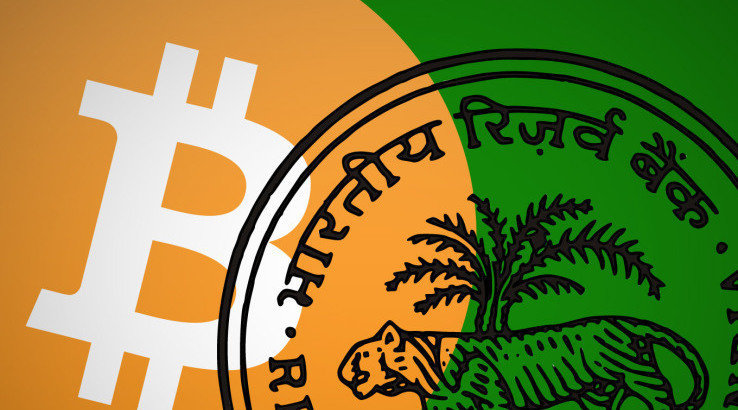3 Ways The Indian Economy Will Be Impacted If The Government Doesn’t Legalize Cryptocurrency.
Bitcoin and other cryptocurrencies are taking the world by storm. An estimated 150 million investors throughout the world have already been exposed to the potential disruption that cryptocurrencies can bring, thanks to widespread mobile connectivity and internet access.
As we approach the fourth quarter of 2021, crypto acceptance is gradually progressing from the early adopters to the early majority phase of the lifecycle, with at least a billion new investors expected to join in the next 4-5 years.
Consider this: in 2007, before the iPhone, did we realise or foresee the revolution that cellphones would bring? Smartphones have progressed and are now widely used. With cryptocurrencies and blockchain technology, we expect a similar storey to unfold.
By validating each transaction on a public ledger and ensuring that it runs 24 hours a day, seven days a week with no downtime, blockchain technology eliminates intermediaries from every transaction. Bitcoin is the first publicly tested application of blockchain technology, and it has already been approved as legal cash in El Salvador, a Central American republic, with other governments considering a similar approach.
Investing in cryptocurrencies is now allowed in India, however the government is still debating a formal regulatory approach. This could indicate that we are already behind the curve in terms of adopting a new and disruptive technology. More than 15 million Indians have put part of their money into cryptocurrencies as an asset class.
However, we humbly feel that India is capable of far more.
Decentralized Finance (DeFi):
More than 190 million Indians do not have access to banking services. Cryptocurrencies can supplement our old financial system by providing scalable options such as savings accounts, lending, and direct payment efforts, all of which the government intends. DeFi programmes attempt to help achieve financial inclusion by removing limitations such as a "Minimum Account Balance," while also ensuring that users are authenticated according to KYC standards and avoiding the exorbitant fees associated with microtransactions.
As DeFi becomes more popular around the world, an India-made solution could be the appropriate offering for other rising markets to adopt. This will increase consumer confidence in Indian goods and services while also bringing vital capital and revenue to our country.
People and Businesses:
Cryptocurrencies and Blockchain have the ability to propel India's highly trained young into the next phase of job development. New age technology and products have been the go-to arena for our strong working class to secure a career and financial freedom since our independence. IT, telecom, e-commerce, and, more recently, food commerce have been important job providers for Indians since 2000. Cryptocurrencies, we believe, will be the next such industry to spur innovation and create new jobs. Blockchain-based enterprises can freely operate in India as a regulated industry and demonstrate leadership to the rest of the globe.
India might be a source of future advancements in the cryptocurrency/blockchain field, as well as a new source of job creation and economic progress.
Several blockchain projects with worldwide ramifications are already in the works in-house. Polygon (Matic Network), a top 20 cryptocurrency, is developing a protocol and architecture to connect blockchain-based networks, and we're all pleased of it. The company was founded by Indians, however it is today run from outside the nation.
Coinbase, a publicly traded cryptocurrency exchange, has already announced plans to open an engineering and operations centre in India. If and when the economy is opened, Indians will be the most sought after global workforce.
Trade and the Economy:
Global trade is still supported by the US dollar, whose supply is currently controlled by a third-party government with its own agenda. If India's reliance on the US dollar is reduced and more dependable trade and payment options emerge, the Indian economy will benefit.
Bitcoin, a decentralised digital money, has the potential to be the answer. Cryptocurrency adoption will also aid in the inflow of foreign investments from capital-rich countries searching for ventures to support in this industry.
In general, we believe that cryptocurrency is a technology to support rather than a threat to the government. Cryptocurrencies can be welcomed by us in the same way that the internet allowed millions of Indians the ability to express themselves and provided new pathways without compromising the government's oversight. We might be able to secure our economic power for the foreseeable future if we act now.

